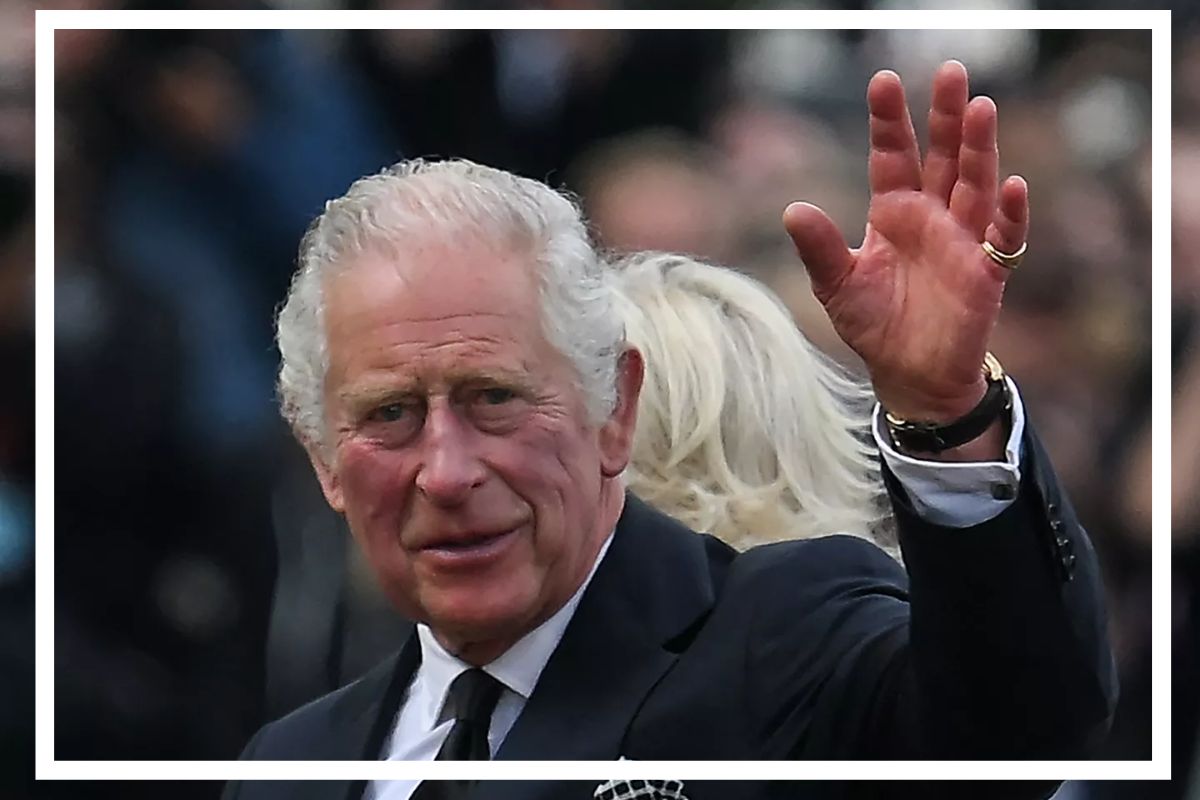According to a regulation put in place by the UK government in 1993, inheritance tax is not required to be paid when assets are transferred from one sovereign to another.
A long-standing regulation intended to safeguard the wealth of the Royal Family allows King Charles III to avoid paying millions in inheritance tax on the Duchy of Lancaster holdings.
Following the passing of his mother, Queen Elizabeth II, last week, His Majesty automatically acquired the estate, which is valued at over £652 million.
If you leave assets worth more than a particular amount to your loved ones after you pass away, inheritance tax must be paid at a rate of 40% under UK law.
However, a law passed by the UK government in 1993 stating that inheritance tax is not due on the transfer of assets from one royal to another will prevent the King from having to pay the tax.
Then-Conservative Prime Minister Sir John Major claimed that a hereditary monarchy’s circumstances were “unique” and called for “specific procedures.”
He said the monarchy’s assets ran the risk of being “salami-sliced away” over many generations due to capital taxes.
He stated to the Commons “I think that is necessary to preserve the monarchy’s independence, and I would never want to jeopardize that independence in any manner.
The Speaker of the House of Commons and the Lord Speaker presented Addresses to His Majesty King Charles III in Westminster Hall today.
Find out more:https://t.co/uDzarAJdEl pic.twitter.com/kalhxIEcGA
— UK House of Commons (@HouseofCommons) September 12, 2022
“The worries I’d have if the arrangements were any different would be the risk of the monarchy’s assets being salami-sliced away by capital taxation through generations, so changing the nature of the institution in a way that few people in this country would want,” the author said.
“Obviously inappropriate”
It is, therefore “obviously incorrect” to pay inheritance tax on assets that are “owned by the Queen as sovereign rather than as a private individual,” according to a Memorandum of Understanding on Royal Taxation from 2013.
In order to carry out its duties in national life and to have some degree of financial independence from the government, it was stated that the monarchy required “adequate private wealth.”
According to the text, the Prince of Wales acknowledged that he expects these arrangements to apply to him upon becoming king.
For a response, Buckingham Palace has been contacted by Sky News.
According to its financial records, as of the end of March this year, the Duchy of Lancaster estate had assets worth more than £650 million and earned revenue of £24 million.
The Queen started paying income and capital gains tax on a voluntary basis in 1993, and King Charles is anticipated to do the same. The monarch is not required by law to pay any taxes in the UK.
The revenue from the Duchy of Cornwall estate, which has since been transferred to Prince William, the new Prince of Wales, was another source of income that the former Prince of Wales willingly paid tax on.
Anyone who received private property from the Queen, aside from King Charles, will be required to pay inheritance tax.
Fisher Jones Greenwood Solicitors previously stated that the purpose of the tax relief is “to preserve the erosion of the Sovereign’s wealth.”
It was said: “The king does not trade or work to “build” their estate like a typical person would do while still alive.
“The monarch’s wealth would substantially decline if their estate was constantly exposed to inheritance tax.”
FAQs
Where did King Charles speak to the legislature?
King Charles III spoke to both houses of Parliament on Monday for the first time as the sovereign and head of state of the United Kingdom while seated at a gilded podium beneath Westminster Hall’s medieval timber ceiling. He referred to “the weight of history which surrounds us” and praised Parliament as “the…
King Charles is a Scot.
Despite being born there, Charles had grown distant from his native country; his coronation in Scotland in 1633 marked his first trip back since he was a young kid.
Is the coronation of the King a holiday?
In a word, yeah. King Charles’ coronation will be a state event, and as the date has not yet been determined, a bank holiday will be observed. The day off has already been scheduled for September 19, the day of Queen Elizabeth II’s burial.




